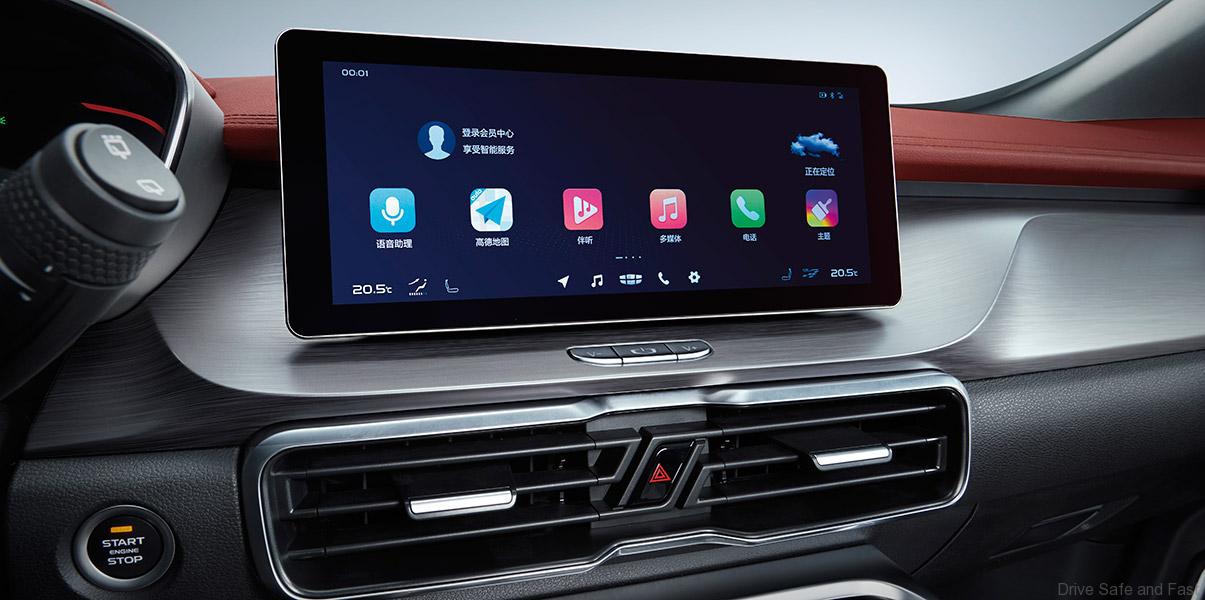In Car Technology is driving China car sales
For many buyers, the infotainment system has recently become a key factor in the decision-making process. In particular, a critical part of a well-designed infotainment system is a touch screen that surpasses the buyer’s expectations in the market segment. The challenge is to offer a robust and responsive touch with a premium feel at a competitive price.
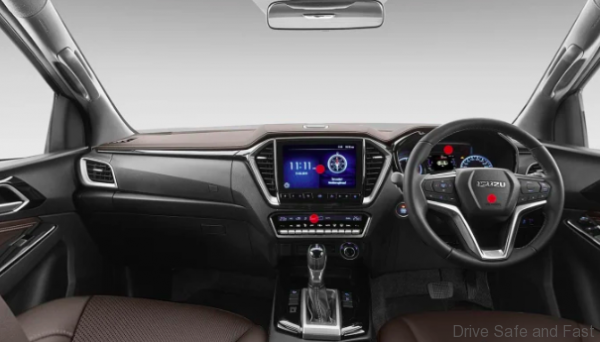
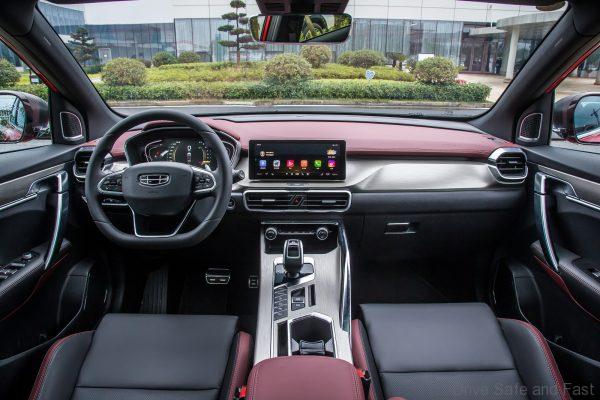
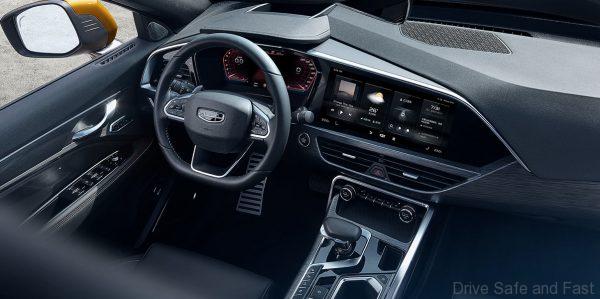
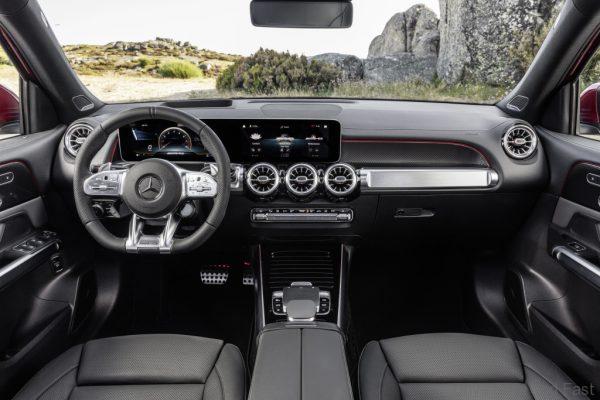
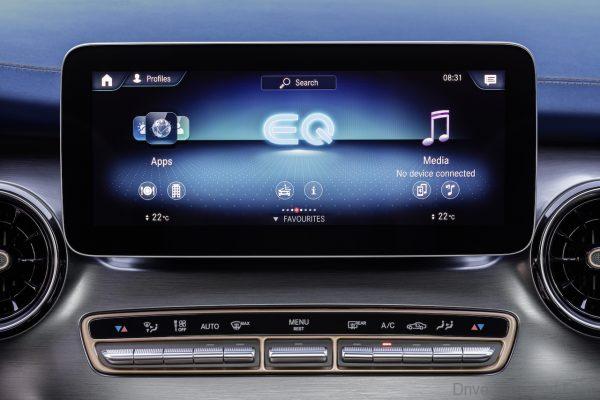
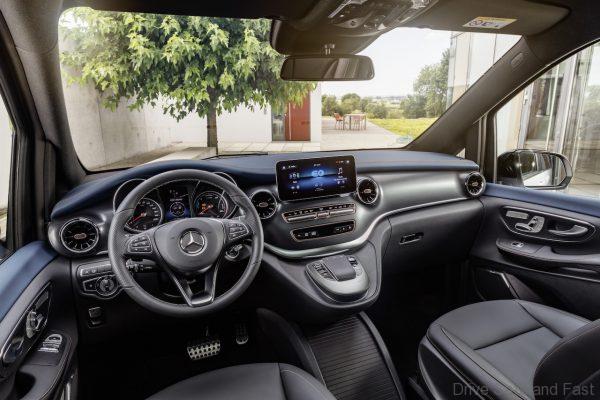
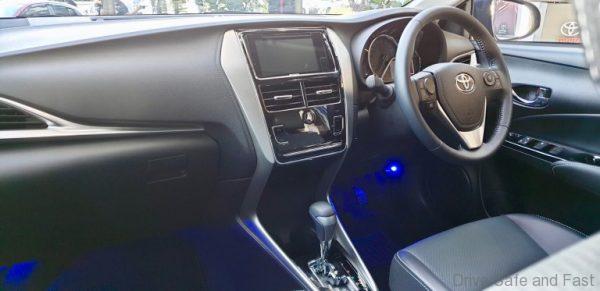
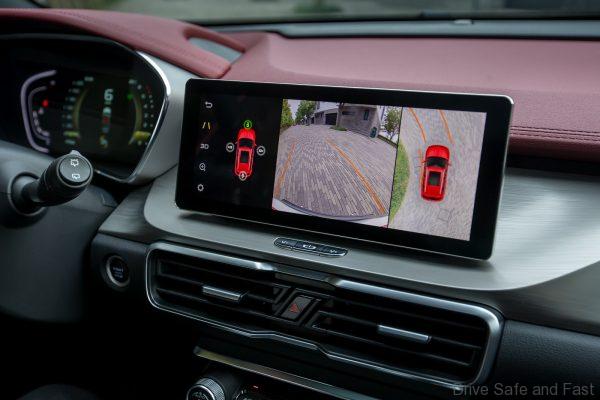
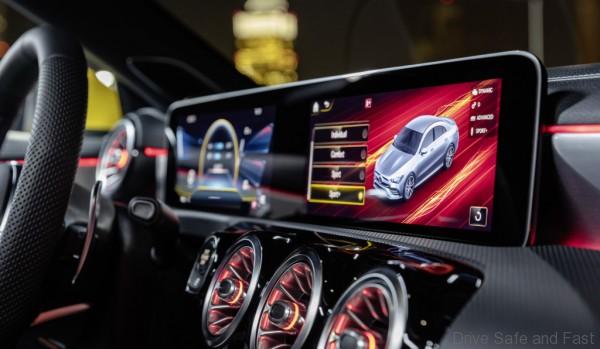
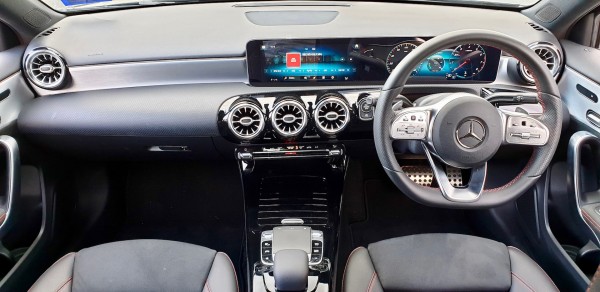
Vehicle models packing the voice technology of Baidu, Alibaba, and Tencent (BAT), have begun to be spawned since 2018. Among BAT, Baidu is the most aggressive; Alibaba slows down in installation; Tencent will step forward by developing voice-enabled WeChat vehicle versions and applets.
As the biggest speech provider in China, iFLYTEK has established a foothold in the automotive field for 16 years, with rich experience in the area. By the end of 2018, iFLYTEK had forged close partnerships with a number of OEMs, with total installations of OEM automotive voice outnumbering 15 million.
iFLYTEK is working on the IVI system by virtue of superiority in speech technologies. Its Feiyu IVI system has iterated to version 2.0 adding capabilities like voiceprint and face recognition beyond multi-dimensional voice interaction functions from integrated voice recognition, natural language understanding, and speech synthesis to voice wake-up, voice enhancement, intelligent search, and full-duplex voice. Moreover, Feiyu 2.0 provides custom-made services, for example, the IVI interface can display OEM’s unique label. The system has already been mounted on Changan CS95, Haval H7, Chery Arrizo GX/EX and Dongdeng Xiaokang 580.
Nuance as the world’s largest voice provider is about to complete the spin-off of its automotive business in October 2019. The separate company named Cerence, has 70 speech models (e.g., Mandarin, Cantonese, and Shanghainese), 1,250 patents, and a workforce of 1,300 including 240 staff in China.
Cerence sees a rising share in the Chinese market as it broke the barriers on localization. ECARX GKUI 19 begins to use Cerence voice enhancement technology; Cerence local voice solution also becomes available to Banma Zhixing 3.0.
Tencent lags behind Baidu and Alibaba a bit in automotive voice. In August 2019, the launch of WeChat vehicle version invigorated new vitality into Tencent. WeChat vehicle version features voice-enabled message receiving and sending and a deep integration with navigation.

The availability of smartphone Bluetooth perception allows automatic login when users get in the car and automatic logout when they get off. Changan CS75 Plus is currently the first model carrying vehicular WeChat. For what to do next, Tencent Auto Intelligence will roll out an applet framework designed for voice and vehicle HMI, which enables voice wake-up driven by scenario engine, with lighter cloud load.

